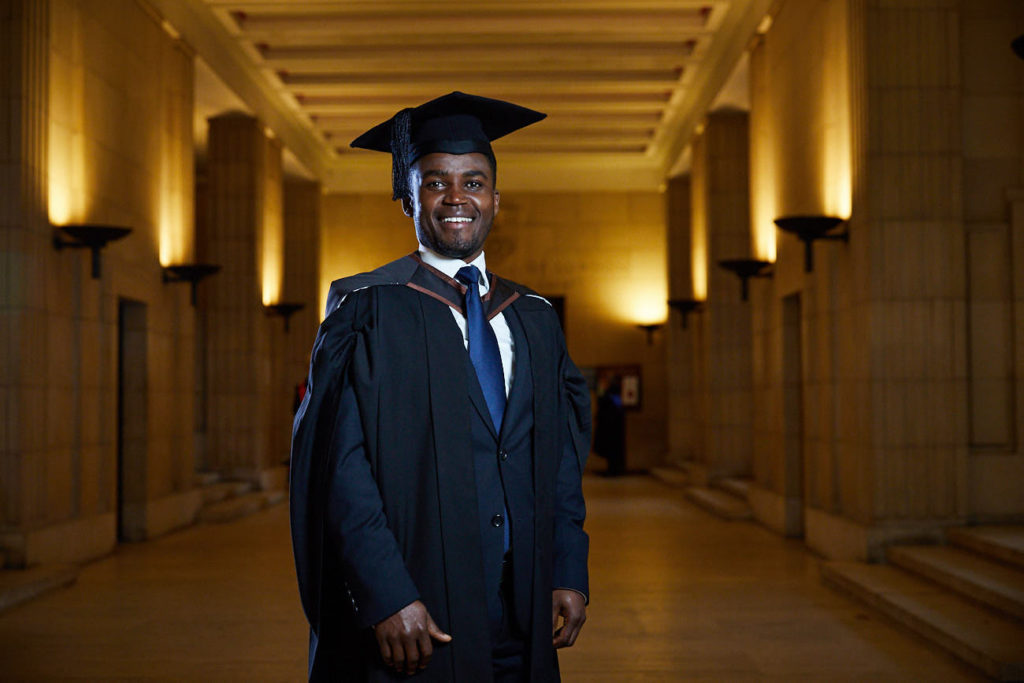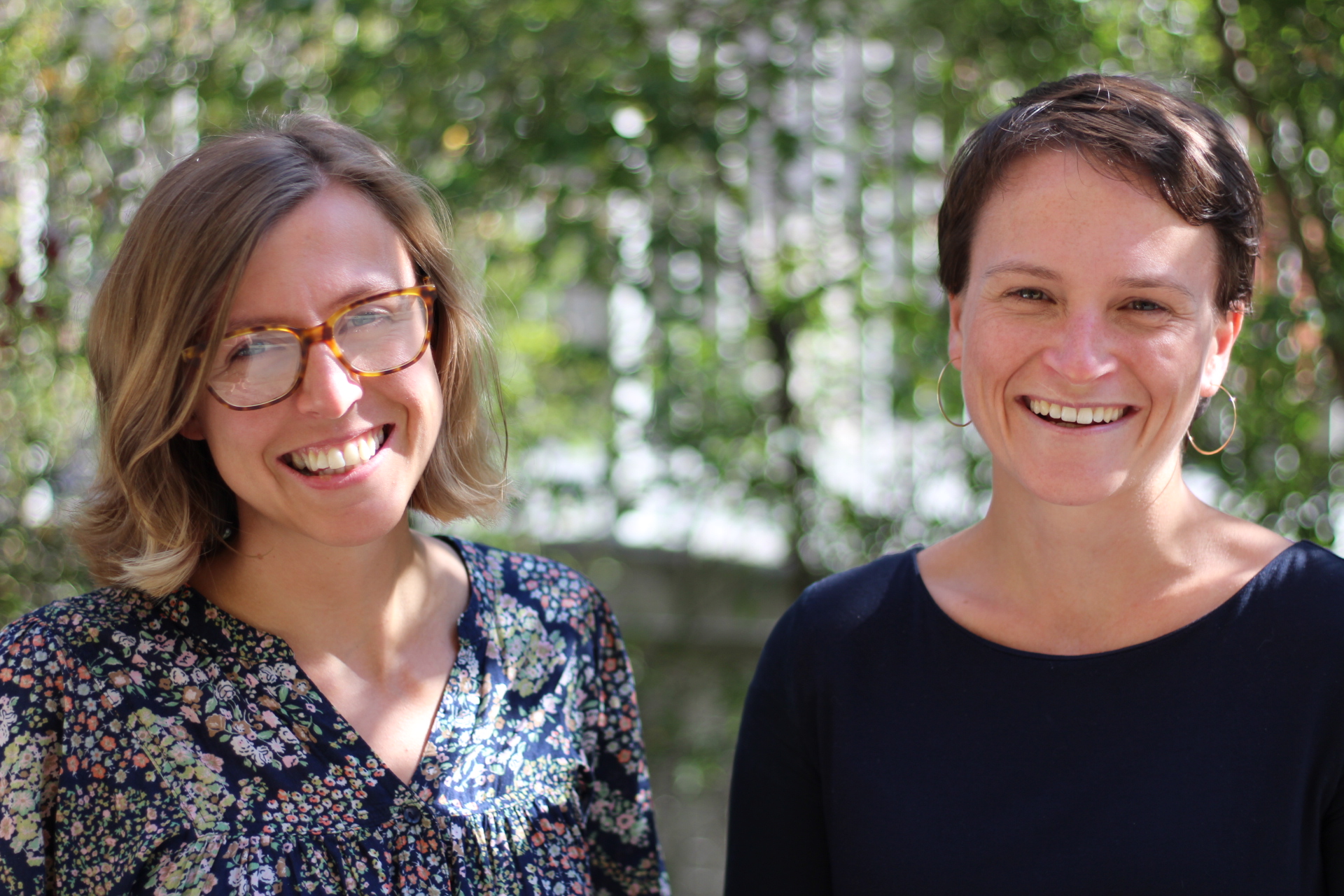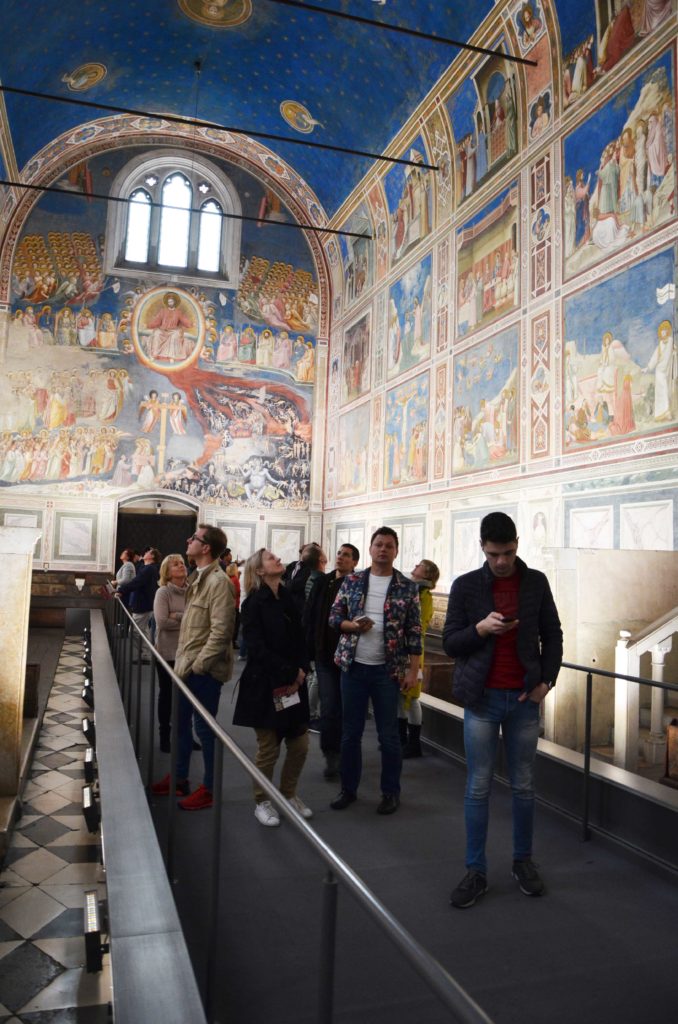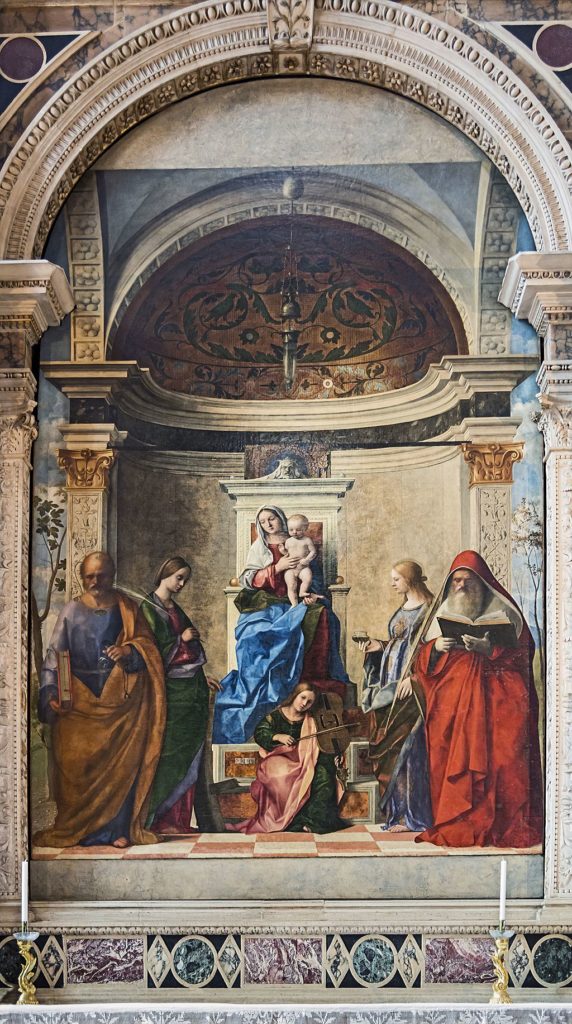Godlisten Pallangyo received a limited education in his home country of Tanzania. Despite not having an abundance of resources at his disposal in his early life, he demonstrated a will to finish school and study politics at university.
Born into a poor family in rural Tanzania, Godlisten was limited by the lack of resources available to students who were not able to afford to pay for their education. At the end of the school day and at the weekend, Godlisten would help his parents with farming their land.
Despite these challenges, Godlisten passed primary and secondary school. However, when it came time to progress to A-Levels his family could not afford to pay for his education. He went out and supported himself financially so he could complete his studies, while also supporting his younger brother at school. Unfortunately, Godlisten did not get the grades needed to get a place at a university in Tanzania, but he never gave up hope of getting a university education.
Ten years later, Godlisten was living and working in the UK with ambitions to study politics. He said; “I became interested in politics from an early age, as growing up in Tanzania, I wanted to learn more about how decisions were made both at global and national levels.”
Even though Godlisten’s grades would have disqualified him from some university courses, Birkbeck’s inclusive policy meant that his application was assessed on future potential, not just past attainment. He commented: “I think it is very important for universities to recognise the potential in students rather than just looking at grades as many people don’t get the same opportunities as others educationally and so don’t achieve the right grades to progress. Birkbeck’s policy of not requiring specific grades and instead assessing my ability through set assignments meant I had the chance of getting a degree, something which I never thought I would achieve.”
When he first started at Birkbeck it had been ten years since he had written his last essay so his first assignment was a challenge. He recalled: “I was not used to reading long articles and books as I am quite slow at reading and it took me a while to get used to it. Learning how to structure an essay and develop an argument, when you come from an education system that just teaches you to listen and repeat information rather than think creatively was definitely a challenge!”
Godlisten found support from his lecturers and tutors who were able to help students from non-conventional educational backgrounds and was aided by the flexibility afforded to students through evening teaching, which he said allowed him to “plan my time well ahead of each term in order to ensure I attended all my lectures and complete my assignments on time.”
For Godlisten, taking the step into higher education was a worthwhile one that will hopefully see him fulfil his ambition of influencing political change in Tanzania. His parting words of advice for anyone unsure about returning to education: “If you’re thinking about getting a degree I would wholeheartedly recommend it. It may seem like just another three years of reading long books but I gained so much more than just writing essays and achieving good grades. I got to meet people I would never otherwise have met, increase my confidence and broaden my thinking.”
Further information






